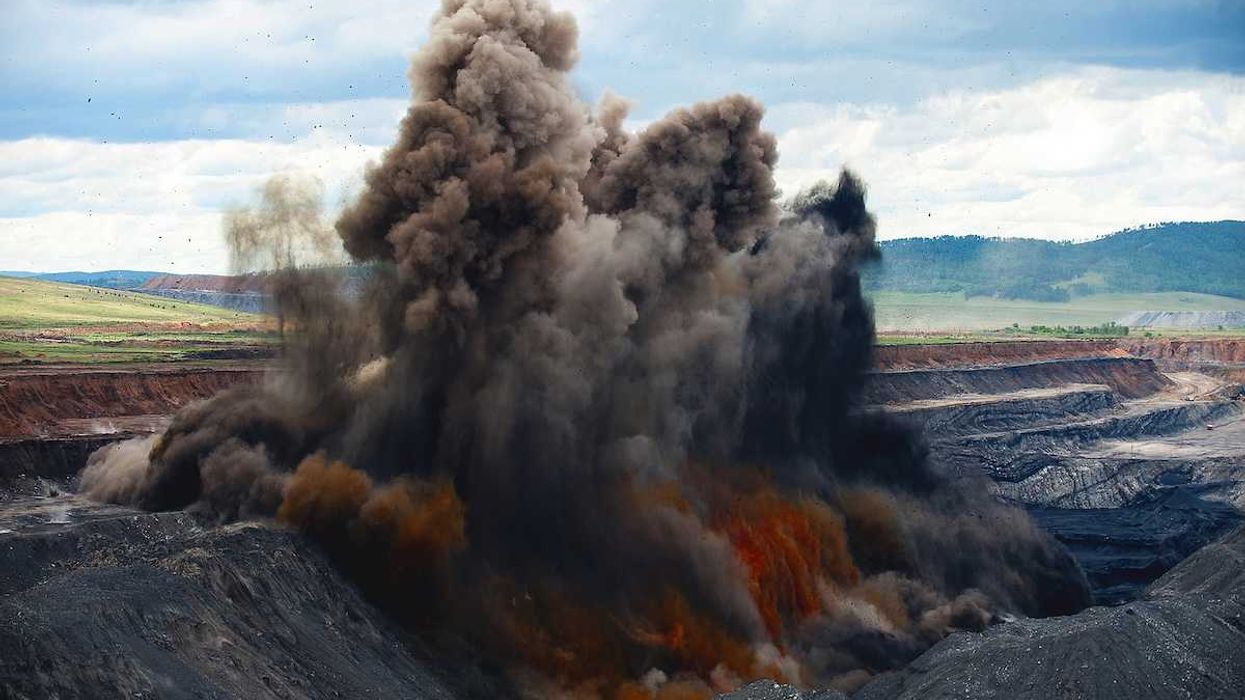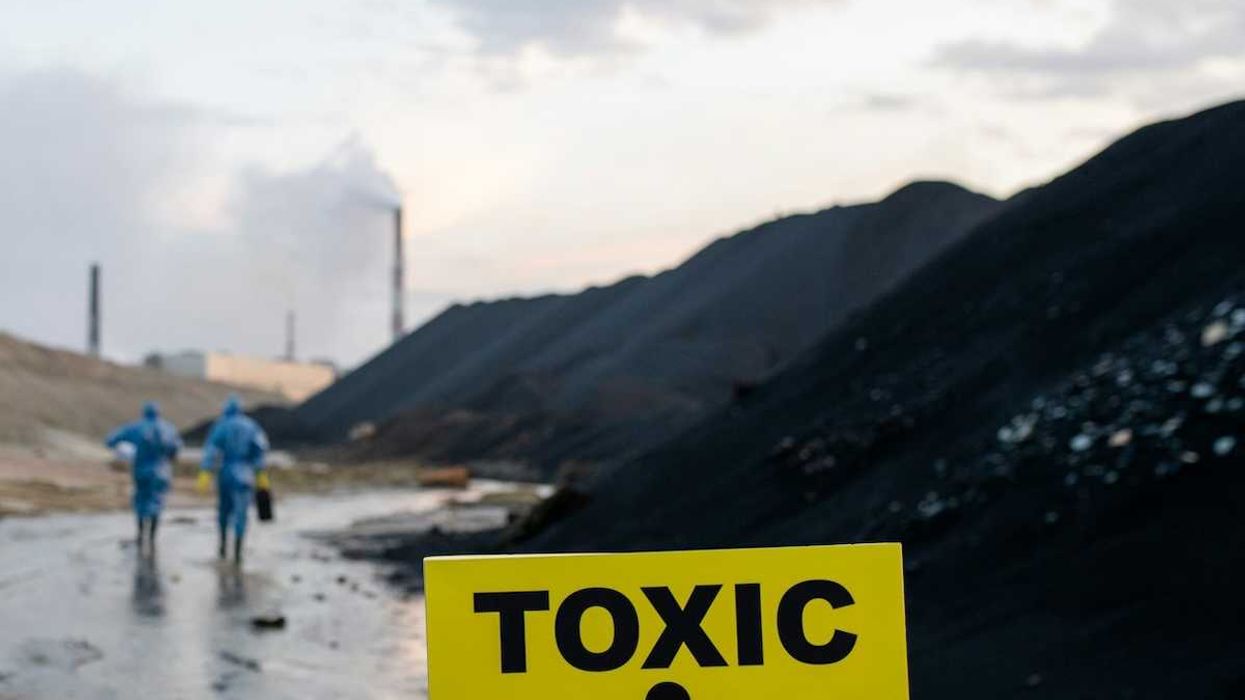An investigation into Vancouver, Washington, municipal water reveals concerning levels of PFAS chemicals, raising health and safety questions for the community. It also points to a nationwide problem with adequately communicating PFAS health risks to the public.
Sarah Trent reports for High Country News.
In short:
- Vancouver's municipal water contains PFAS levels above state limits, potentially affecting half the city's water supply.
- Building facilities to reduce PFAS below state limits could take years and millions of dollars, leaving the community at risk in the interim.
- It's part of a broader pattern: Researchers have found that communications from public and nongovernmental agencies across the country tend to downplay the risks of PFAS and omit key information, which could lead to a false sense of safety among residents.
Key quote:
“Talking to regular working folks in our community, they don’t know what PFAS are.”
— Kim Harless, Vancouver city councilmember
Why this matters:
Commonly found in non-stick cookware, water-repellent clothing, stain-resistant fabrics and carpets, some cosmetics, and products that resist grease, water, and oil, PFAS have become a concerning pollutant in drinking water systems.
As a result, PFAS are in the blood of nearly all Americans, and testing of umbilical cord blood and breast milk indicates that exposure begins before birth. Some PFAS bioaccumulate—build up—which means even low exposures are cause for concern over time as our bodies accumulate more and more of them.














